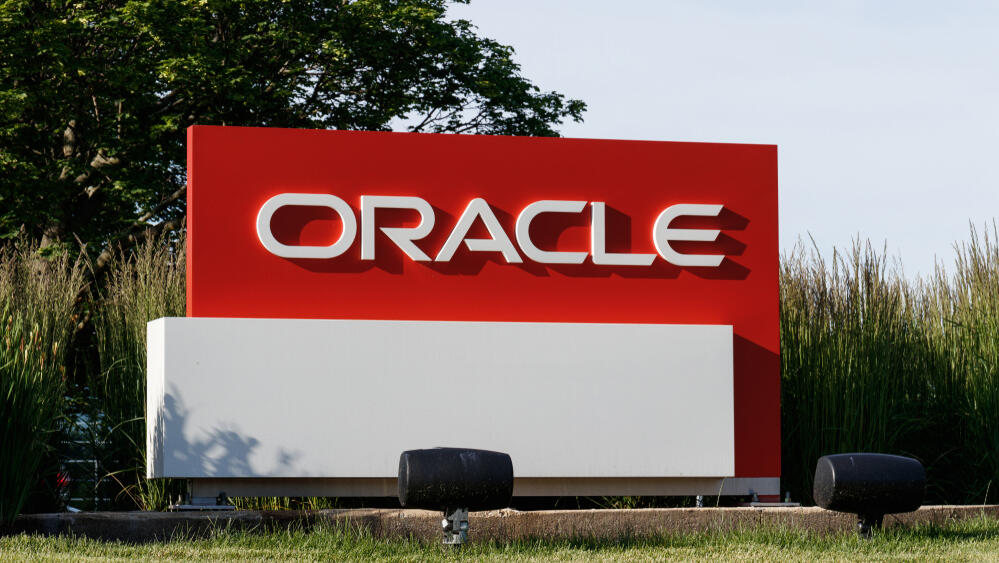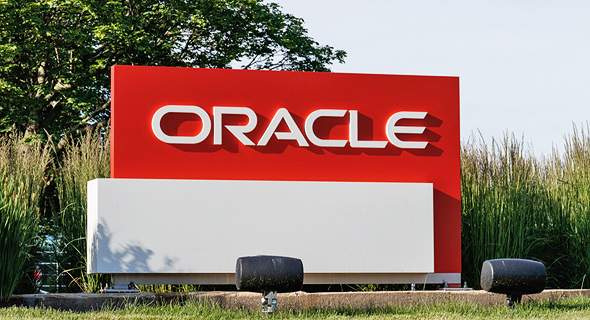
Israeli court: Oracle did not meet security requirements for government cloud tender
The District Court in Jerusalem released its verdict dismissing Oracle’s appeal following its failure in the Nimbus tender. Oracle plans to appeal again
Meir Orbach | 15:05, 21.10.21
A few weeks ago, Israel’s District Court dismissed Oracle’s petition over the Nimbus cloud tender, which demanded to cancel the government's selection of AWS and Google as the winners of the $1.2 billion project to provide cloud services for the country's public sector and military.
On Thursday, the Jerusalem District Court published its ruling in its entirety, which showed that Oracle was disqualified from serving as an "additional qualified" candidate, among other things, due to the issue of information security.
The ruling stated that "the position paper on behalf of the National Cyber Directorate noted a number of major gaps between the petitioner's bid and the needs and requirements of the tender." Although the document does not specify the gaps, the issue of information security was very central in the tender, given the fact that the Israeli defense apparatus is also expected to use the system in the future.
The petition discussed the results of the tender, won by Amazon and Google. The score given to Oracle's bid did not allow it to be selected as the winner of the tender, but the company requested that it be named as an "additional eligible" candidate, a status that allows for "the existence of certain future pricing," according to the announcement. This request was denied by Israel’s Tenders Committee.
Oracle claimed that the committee was wrong by not ensuring that at least three winners were selected in the tender (including "additional eligible"), by not recognizing it as an "additional eligible" even though its scores were reasonable.
Claims were also raised regarding the level of security of the winners of the tender, and regarding letters of their employees requesting not to enter into the agreement due to political reasons. It was further argued that the committee should have rejected the Amazon offer as it was submitted late and included a prohibited disclaimer.
Oracle's claims were rejected in the ruling. It was held that although the tender included a provision that three winners would be selected “as much as possible”, no obligation was imposed to select three winners if they did not meet the appropriate professional criteria. This is in view of the nature of the tender and its essence as a complex, sensitive, and constitutive tender. Thus, as the Tenders Committee determined that Oracle's bid did not meet the professional requirements, it was not obliged to declare it a winner.
The court further determined that the Tenders Committee was not wrong to refer to professional partners or to rely on their recommendations. The claim regarding the level of security of the winners' services was rejected, in view of the high scores they received in the professional examination. The claim regarding the workers' letters was also rejected in light of the unequivocal statements of Amazon and Google that they are committed to the tender and consider it "strategic."
